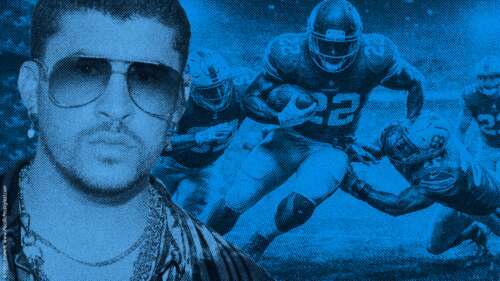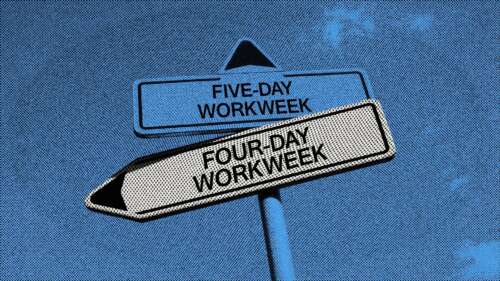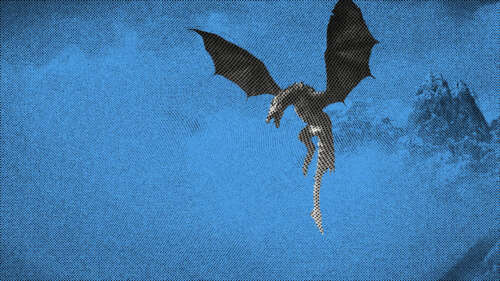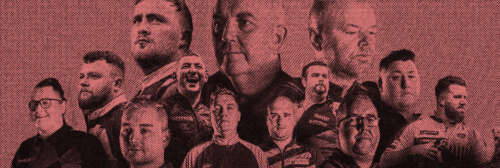Meditation has quickly gained in popularity in the last decade – it is now the second most popular Mind and Body Practice in the US, behind yoga. The use of meditation grew threefold in five years, from 4.1% of the population in 2012 to 14.2% in 2017, according to the most recent survey by the National Center for Health Statistics.
With meditation morphing into mindfulness, it has become more accessible to everyday Americans. To understand the public's changing perception of meditation, we conducted a study of the most popular mindfulness meditation apps: Headspace, Calm, Buddhify and Breethe. Our platform analyzed over 23 million connections and unearthed 23 tribes that reflect modern mindfulness. Through this we discovered:
1. Meditation has shifted from a spiritual to health pursuit
2. Mindfulness is particularly popular amongst high-powered individuals
3. Mindfulness has a cross-generational appeal
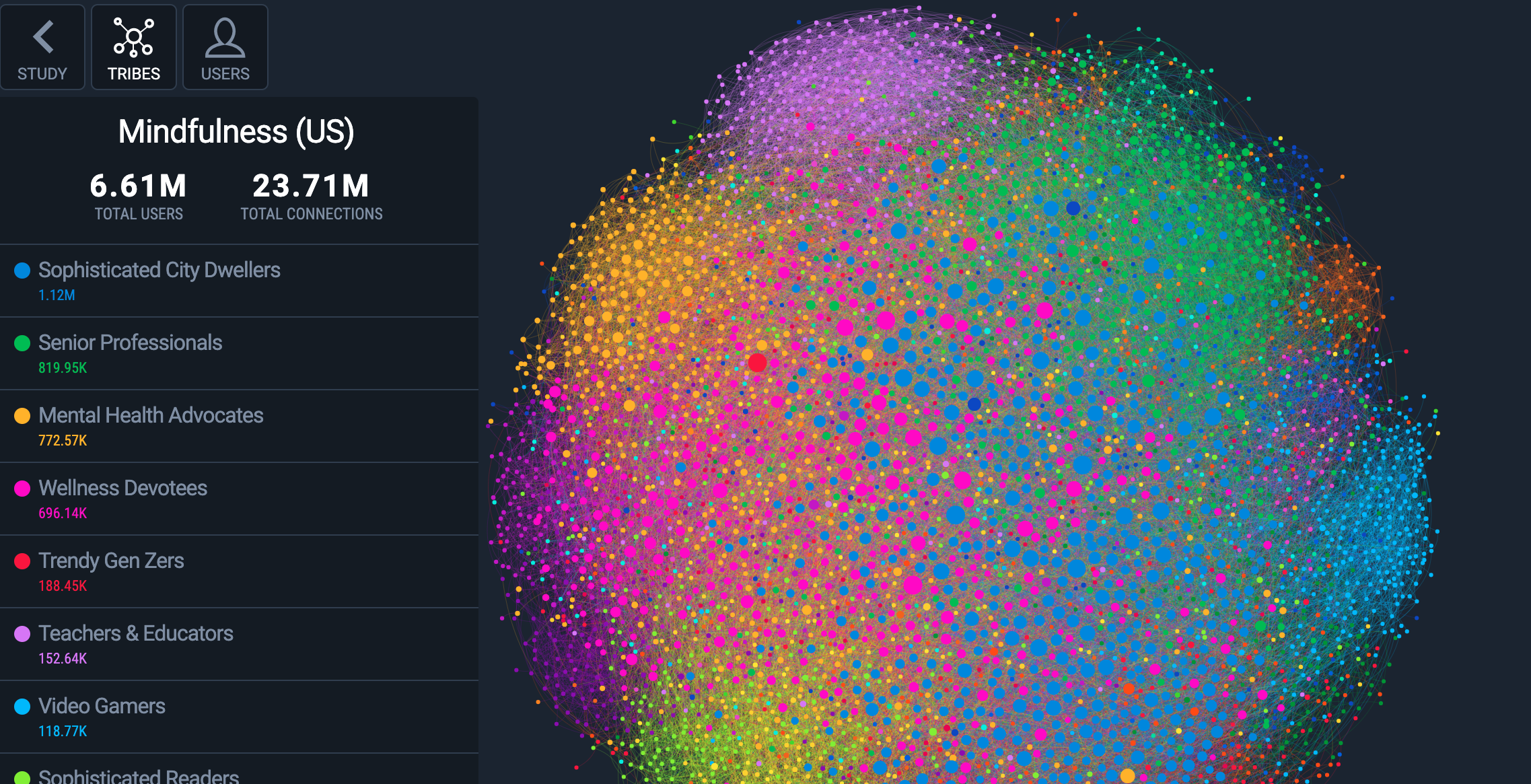
Mindfulness as a health pursuit

While some faith-based tribes did emerge in our study, overall mindfulness meditation is viewed as a part of a healthy lifestyle rather than a spiritual practice. This is apparent in the emergence of two of our largest tribes, the Mental Health Advocates and the Wellness Devotees. Health publications such as Health Magazine and verticals of mainstream publications dedicated to wellbeing such as the New York Times’ Well section and LA Times Health are popular amongst this set. They also use bio keywords such as ‘yoga’, ‘fitness’ and ‘community’ to describe themselves. Nevertheless, traditional meditation advocates such as Deepak Chopra and The Dalai Lama are also popular amongst this cohort, and these two tribes make up 60% of visitors to web pages categorized as Religion & Belief, indicating a blurring of the lines between secular and spiritual meditation practice.
Mindfulness in the City
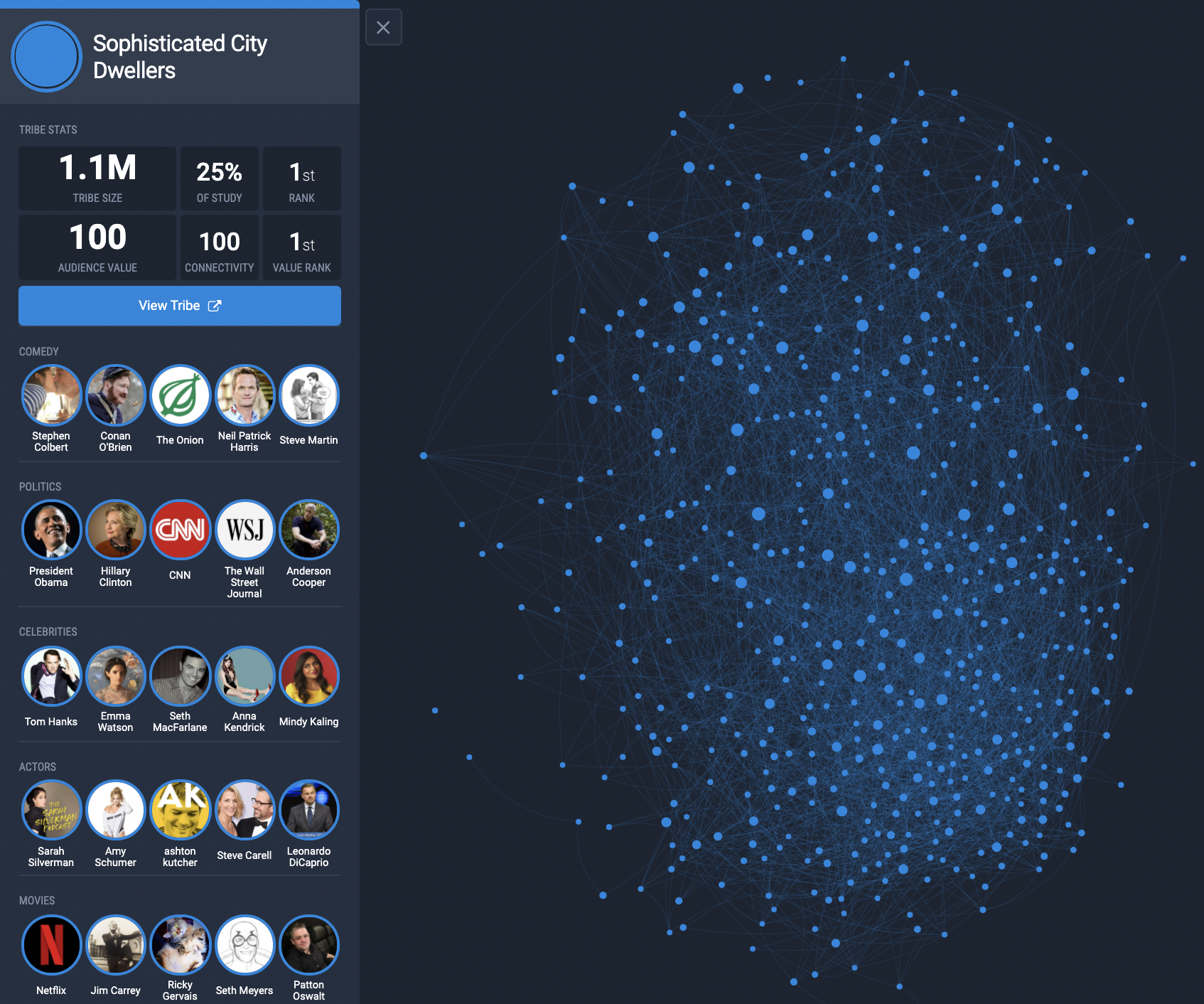
Given the high levels of stress that comes with today’s work culture and urban living, it is perhaps unsurprising that the two largest tribes of this audience are Sophisticated City Dwellers and Senior Professionals. Carving out some time to be still and focus is now seen as a skill that drives future success. Jack Dorsey, founder of Twitter, is said to meditate up to two hours every morning. He, like many of his peers in Silicon Valley, is highly influential to this cohort, with other high powered individuals like Sheryl Sandberg, COO of Facebook and Marc Benioff, CEO of Salesforce, ranking highly as influencers.
Major metropolitan areas such New York, Los Angeles, San Francisco and Chicago rank highly in terms of locale. But tribe members also come from smaller cities like Nashville, Tennessee and Atlanta in Georgia, showcasing how widely mindfulness practices are now used.
Mindfulness for all ages
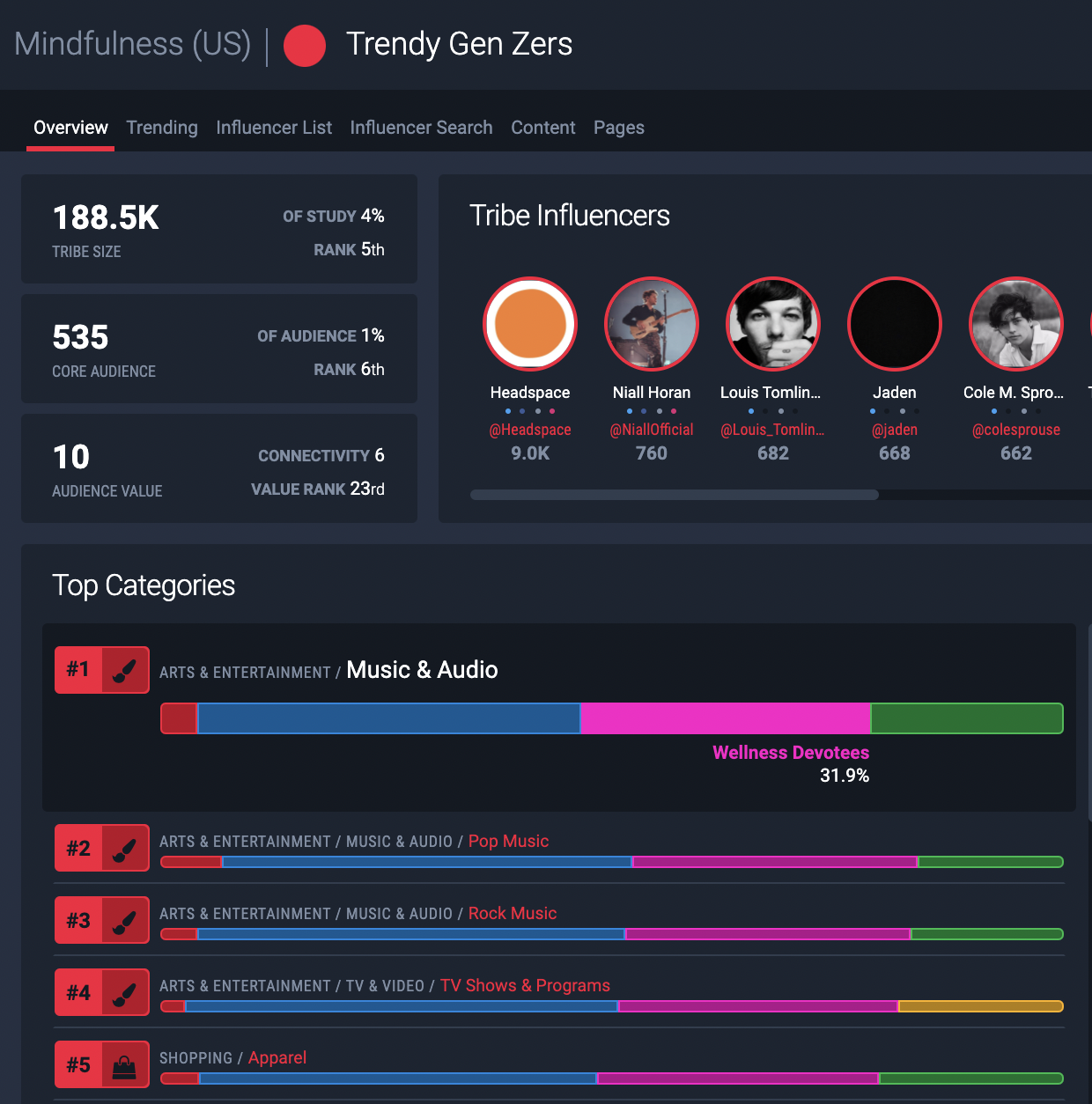
Younger demographics are also showcasing an interest in mindfulness meditation. Tribes such as Trendy Gen Zers and Video Gamers indicate that meditation is being used by younger generations. The Trendy Gen Zers tribe is made up mostly of students, who have a particular passion for music and pop culture. The presence of the Video Gamers tribe reflects American's far-reaching interest in mindfulness, and demonstrates the diversity of interests within an audience that is also passionate about caring for their mental health.
Are you a wellness brand looking to grow your audience? Book a demo today to discuss how audience insights can help grow and communicate your brand more effectively.


